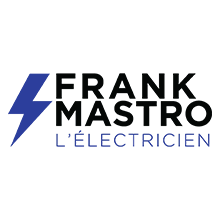Drive Results with Every Click!
Rapid
Rollout
The beauty of Google Ads lies in its quick setup. Unlike traditional advertising that can take weeks to launch, we can get your ads online in no time. It's about making immediate strides towards your business goals.
Visibility
Boost
Google Ads catapults your business to the top of search results, making sure you're seen by potential customers the moment they start looking. It's about getting noticed in the right place, at the right time.
Precision
Targeting
Google Ads hones in on your ideal audience with precision. By focusing your ads on people actively seeking your services, you drive quality traffic to your site—people who are more likely to convert into paying customers.
We Help Real People Get Real Results

Thanks to our website and SEM strategy, my phone keeps ringing with new clients. It has definitely been a game changer for my company.

Ubiweb has been a lifesaver for us going to a new level of marketing strategy. They've steered us in the right direction and helped our ads reach the right audience, boosting our online presence and bringing in more business.
FAQ
How long does it take to see results from a campaign?
Results from Google Ads can be seen almost immediately after your campaign goes live. However, optimizing for the best outcome might take a bit of time as we fine-tune your ads based on performance data.
How much should I invest in Google Ads?
The investment depends on your business goals and competitive landscape. We'll work with you to determine a budget that's both effective and sustainable, aiming for the best possible return.
What’s the difference between SEO & SEM?
SEO (Search Engine Optimization) is about enhancing your site's organic search rankings over time. SEM (Search Engine Marketing, like Google Ads) offers a quicker way to appear at the top of search results through paid ads.




